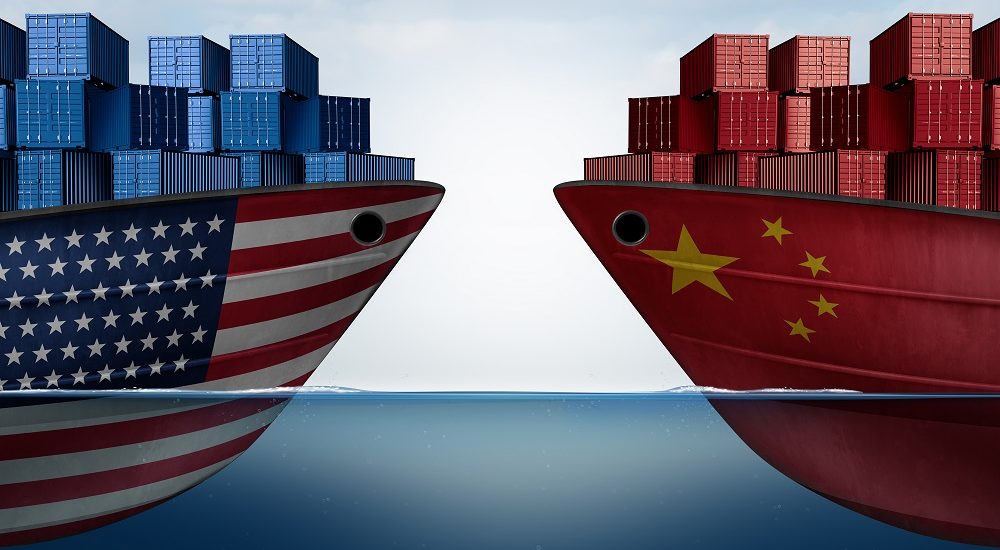Protectionism not good for growth
OP-ED BY NILANJAN BANIK & PIERTO PAGANINI FOR BANGKOK POST
- 10 July 2018
- Posted by: Competere
- Categories: highlights, News

We are passing through an interesting time. There is a likelihood that trade war between two of the world’s biggest economies — China and USA — may blow out of proportion. The consequence may be another economic downturn in the offing. During an economic crisis, consumers spend less, and investors do not invest (or postpone their investment decisions). There is a general sense of pessimism about future earning prospects, leading to higher unemployment and lower productivity growth.
The previous economic crisis of 2008 did not persist that long (in comparison to the Great Depression of 1929) thanks to the coordinated efforts of the central bankers in Europe and in the US. Quantitative easing helped to stave off consumer pessimism. China also played a constructive role by controlling its foreign exchange reserve. During 2015-16, rather than spending foreign exchange reserves on other economies, China made sure the precious dollar was spent at home. Taxes on consumer durables such as cars were slashed. All these revived Chinese demand and its manufacturing grew. Back in Europe, major economies were able to contain public debt
were able to contain public debt (as part of austerity steps), and all these efforts were instrumental in reviving the economies around the world.
But, may be, no more. Countries around the world are increasingly resorting to protectionist measures, something not good for future economic growth. In order to understand what factors lead to a crisis, we have to step a little back into history. Soon after the Second World War, when Europe was devastated, policymakers in the region wanted to re-build Europe on the premise of socialist capitalism. The underlying idea is that when the market is at a nascent stage, the state will ensure that a labour market comes into play and jobs become available. For the elderly, and those without jobs, the state will take care through a benevolent social security system — paying unemployment benefit and pensions.
Continue reading the article HERE
